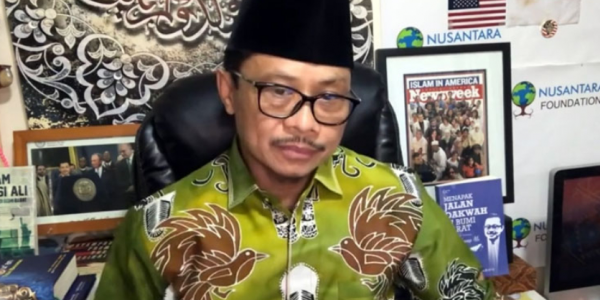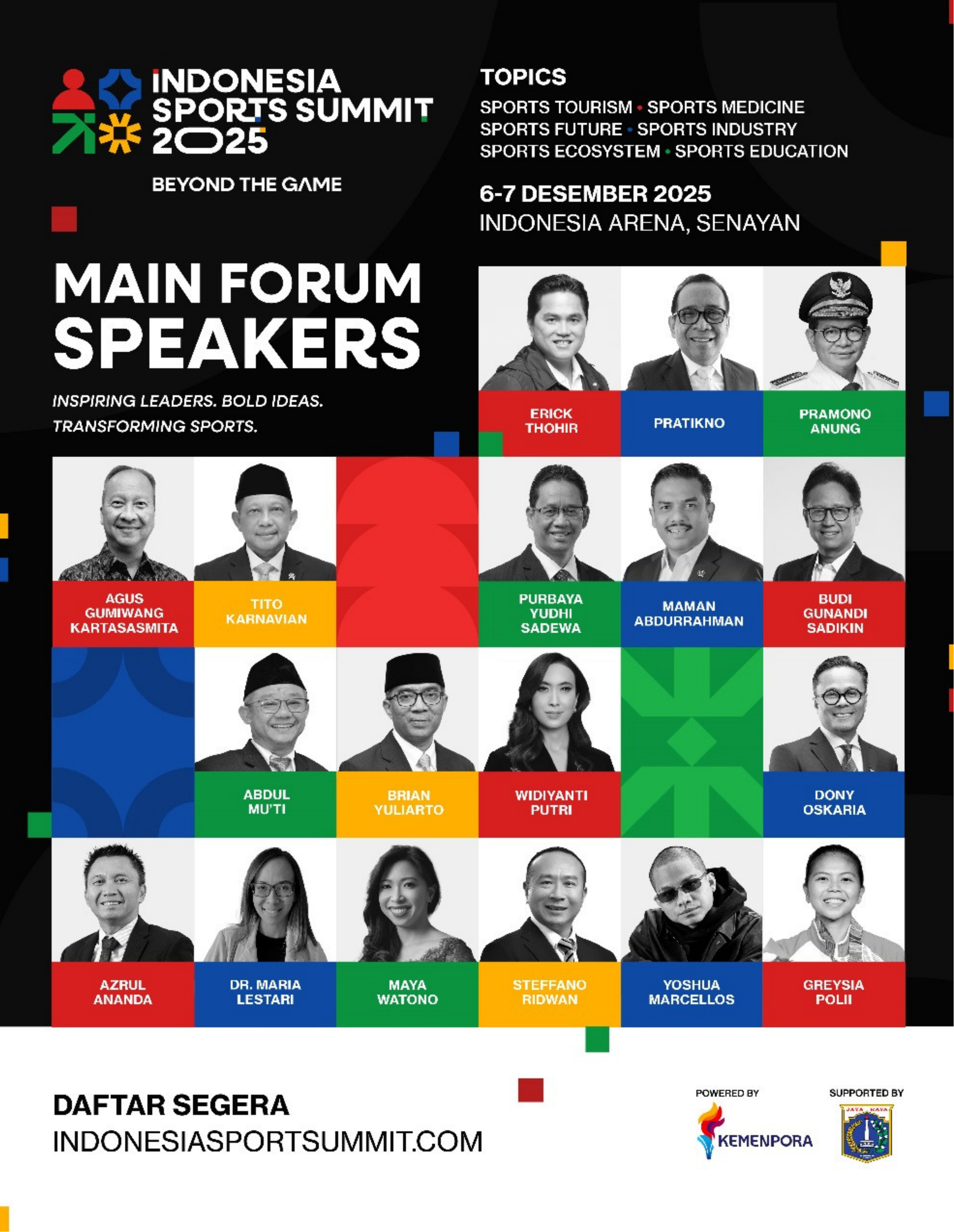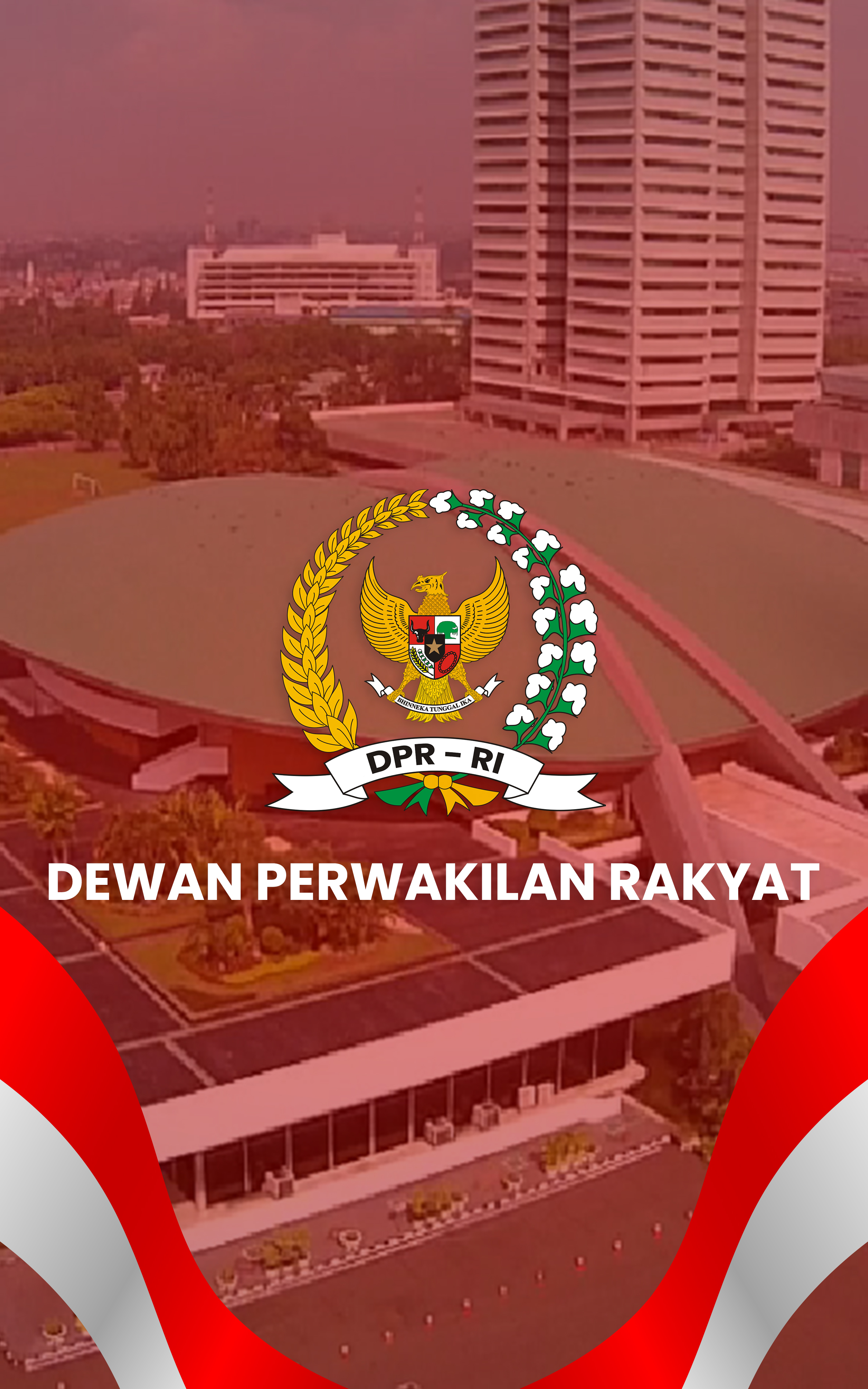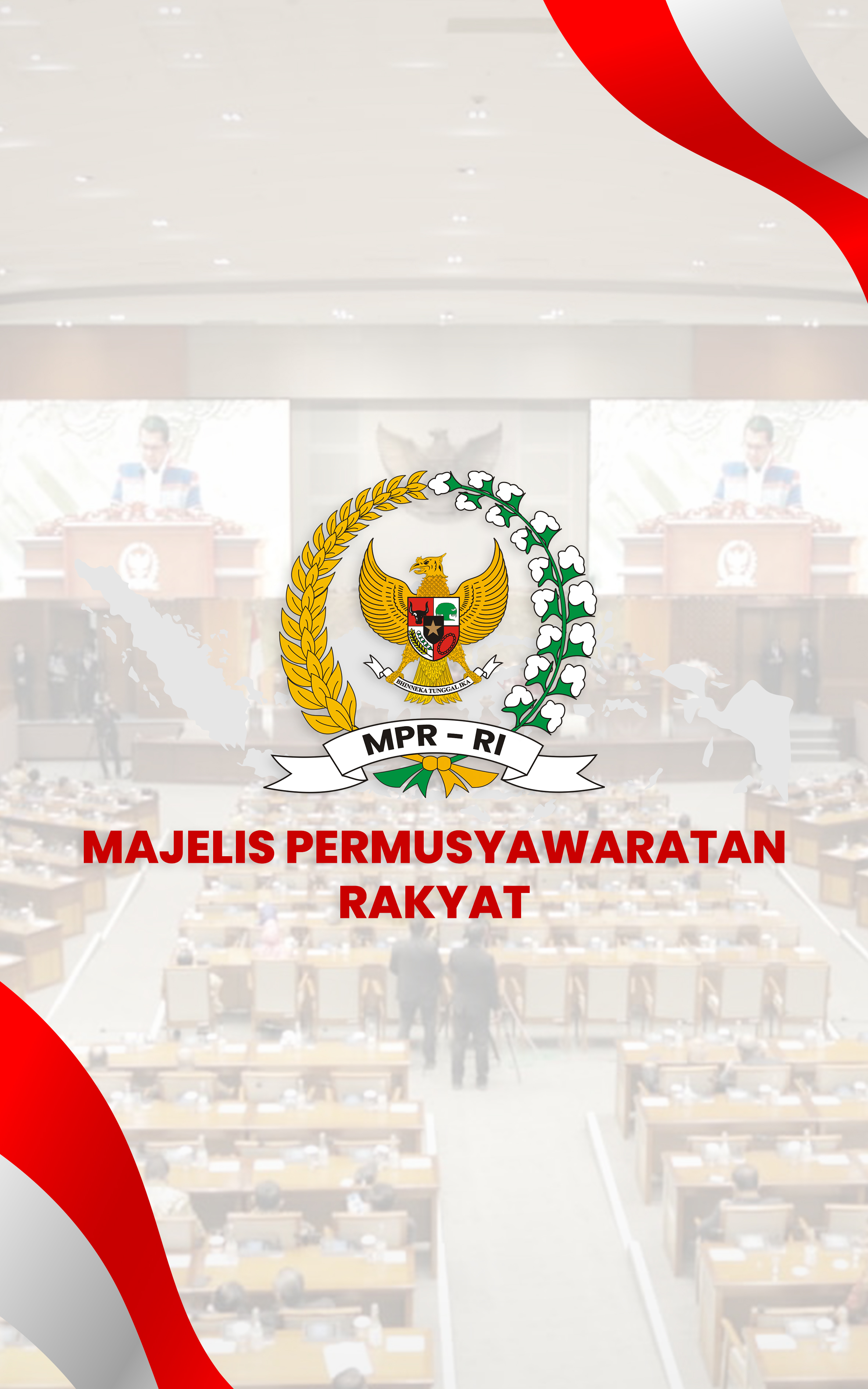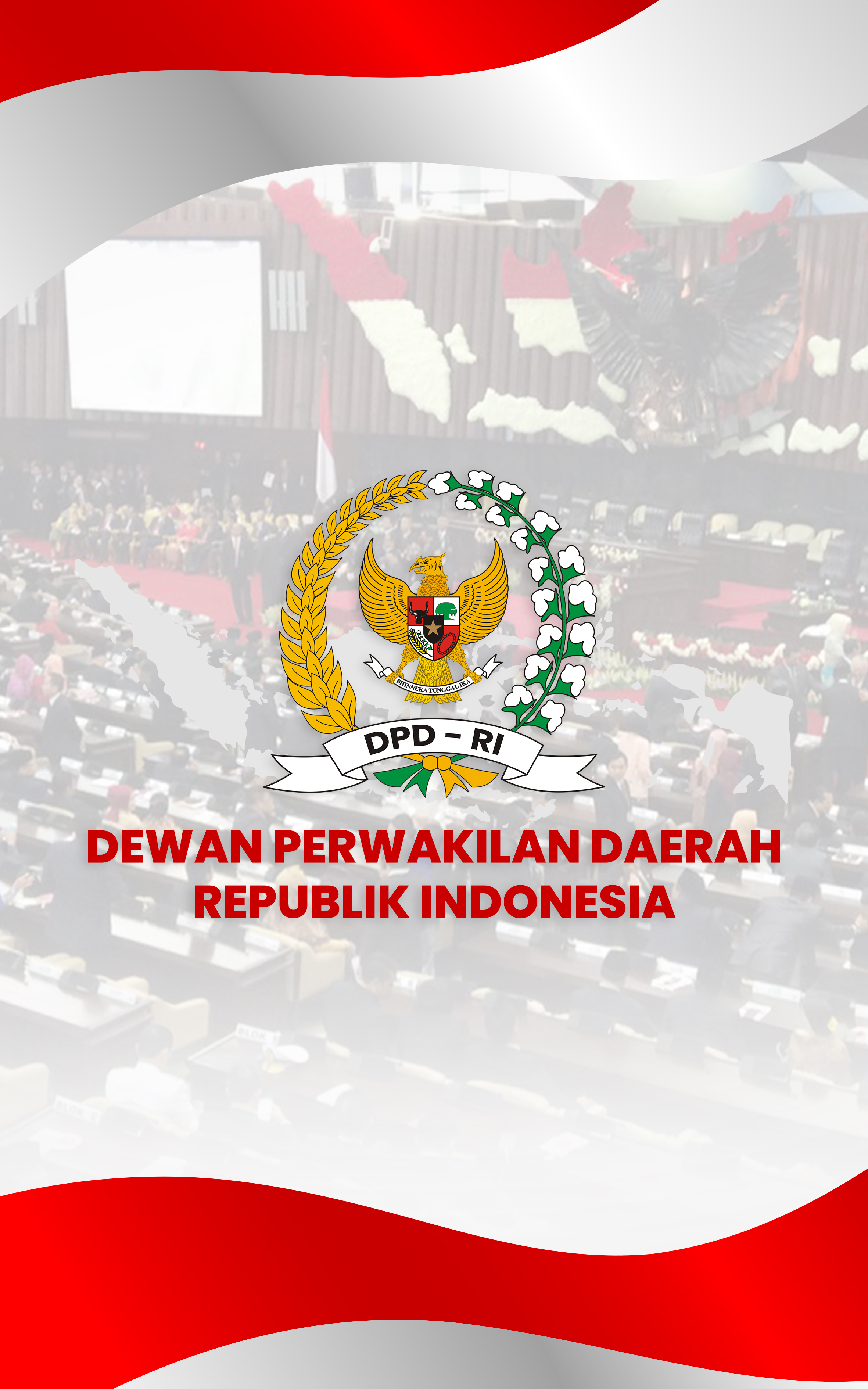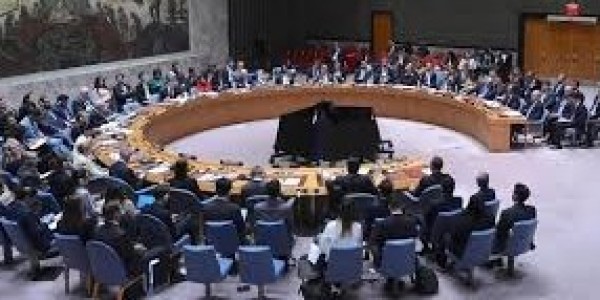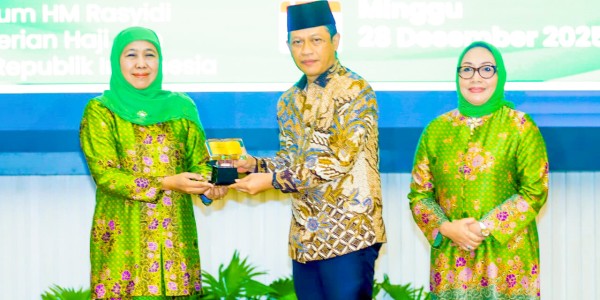Telusur.co.id - Oleh: Imam Shamsi Ali*
Salah satu kegiatan utama saya saat ini sebagai imam di kota New York adalah Chaplain. Posisi ini Sesungguhnya adalah bagian dari city employment atau mungkin dalam bahasa Indonesia: pegawai negeri. Diangkat dan digaji oleh kota dengan persyaratan-persyaratan dan jaminan kota (negara).
Tugas chaplain biasa juga disebut “pastoral care”. Sebagian menyebutnya dengan “spiritual care”. Sebagian chaplain ditugaskan di rumah-rumah sakit, penjara, hingga ke Kantor-Kantor resmi pemerintahan. Kepolisian (NYPD) dan Pemadam Kebakaran (NYFD) misalnya memiliki chaplain masing-masing.
Walau saat ini saya diangkat sebagai full time Chaplain, saya belum pernah Secara khusus mengambil kelas (kuliah) mengenai pastoral care. Padahal kuliah ini menjadi kelas tersendiri di Beberapa universitas, seperti Hatford Seminary di CT.
Syukur tempat di mana saya kerja saat ini, Bellevue & New York Hospitals, mengadakan program pengembangan SDM dengan program CPE atau Clinical Pastoral Education. Setiap tahunnya ada sekitar 6 orang yang diberikan kesempatan untuk mendapatkan “kursus spesialisasi” sebagaj chaplain.
Chaplain sendiri tidak harus selalu diasosiasikan dengan agama. Apalagi dalam konteks “spiritual care” (Penanganan spiritualitas). Bahkan ada yang memahaminya sebagai “humanis treatment” (penanganan kemanusiaan). Sehingga peserta kelas CPE ini kadang justeru ada yang mengaku tidak beragama. Biasanya mereka merasa melakukan tugas sebagai chaplain dengan pendekatan kemanusiaan tadi.
Di kelas inilah kerap terjadi diskusi bahkan perdebatan tentang banyak hal. Salah satunya tentang peranan agama dalam kehidupan manusia dengan segala aturannya yang ada. Oleh kelompok humanis, agama biasa dituduh sebagai beban kehidupan. Sementara pendekatan humanisme itu lebih nyaman, manusiawi, dan dinampakkan sebagai sesuatu yang lebih rasional.
Pada kelas lalu saya mendapat giliran membuat presentasi tentang “spirituality: an Islamic perspective”. Tentu saya menyampaikan apa adanya tentang komposisi kehidupan manusia dan posisi ruh (spiritulitas) dalam kehidupan.
Salah satu poin yang saya garus bawahi adalah bahwa Islam dalam proses memenuhi kebutuhan spiritulitas manusia tidak mengabaikan aspek hukum atau aturan-aturan. Hukum atau aturan inilah yang dikenal dengan kata “Shariah”.
Mungkin karena kata “Shariah” itu begitu sensitif akhirnya Diskusi menjadi sangat dinamis. Ada yang setuju bahwa untuk memenuhi kebutuhan spiritualitas dalam agama perlu mengikuti aturan-aturan yang ada. Tapi sebagian besar berpendapat lain.
Saya hanya ingin mengutip secara singkat dialog (atau debat) yang terjadi antara saya dan seorang peserta yang mengaku sebagai humanis (non religious). Teman itu bernama Kevin. Untuk selanjutnya saya menyebutnya “K”dan saya sendiri “S”. (Saya tidak terjemahkan Dialog itu. Tapi mungkin bisa ditanya Google translate).
S: in my perspective as a Muslim spirituality is the essence of faith. But that essence can’t be obtained without following “the way” or the rules and regulations in the religion. It happens to be known “Shariah” in Islam.
K: what? For me it’s just nonsense. Spirituality is “humane” in essence. So no need to all these bunch of rules and regulations. That’s my issue with the religion, all religions.
S: really? First, let me make it clear. I respect your opinion. And that’s because my religion rules that. The Quran squad: “And debate with them in a better way”. But I disagree strongly when you say that religion is just a bunch of rules and regulations. For me, my religion is covering whole of my life. And all aspects in my faith are “interconnected”. My spirituality is connected to my actions/words. And my words/actions are regulated by Islam.
K: Ah…it’s too complicated. That’s the reason why religion is not popular these days. People are tired of all these rules and regulations.
S: Kevin, when you wanted to join this institution what was your purpose? To serve right? To gain some money?
K: that’s right…!
S: Aren’t there regulations (or requirements) to follow or to fulfill in order to be admitted as an employee in this institution? For example, you must be legally resident of US, have some college degree, must be certified chaplain, etc.
K: of course. Those are common sense.
S: As a citizen of this country, what makes you a citizen? Is it because of the feelings or sentiment about the country? Or because believe and obey the Constitution of the country?
K: Of course that’s a common sense and nothing to do with our discussion.
S: Here is your problem. Your mind needs to be straightened up. How is it following the Constitution and/or other rules and regulations of America for you to be an American is logical and common sense. But on the other hand, following the rules and regulations of religion to make you a part of that religion is nonsense. Sorry, but I see that as a “twisted mind”. I am Muslim because I do follow the rules and regulations.
Those rules and regulations are known as “Shariah”. As you can not be considered American when you reject the Constitution if the country. I may not be considered Muslim if reject the rules and regulations of this religion. So it very much makes sense.
Kevin hanya terdiam. Sementara teman-teman lainnya hanya mendengarkan dengan nampak serius. Sesekali menganggukkan kepala. Entah setuju atau justeru bingung…hanya Allah yang tahu. Allahu a’lam!
Manhattan City, 9 Nopember 2021
New York City Chaplain
*President of Nusantara Foundation & MFA, Director of Jamaica Muslim Center
